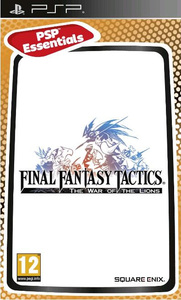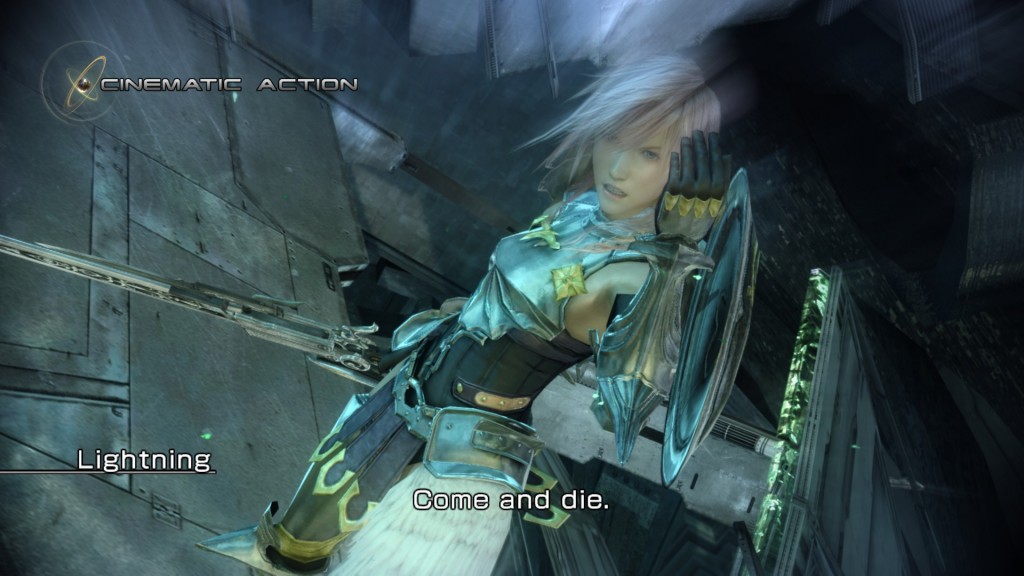

The two large battles I face feel fair and fast-paced, offering challenge without crushing me. Even without that, though, this is electric fun, and a subsequent battle against Ifrit, a classic Final Fantasy summon, looks absolutely terrific as well.

It’s a swift system that’s easy to pick up but challenging to truly master, and the only thing I wish they’d introduce to it is a grading system for each battle, just to let you know how well (or not well) you’re brawling. Essentially, it grants you somewhat random bonuses, allowing you to use Zack’s limit here, letting you cast spells with zero MP cost there. The X-factor in all of this is a slot machine that constantly spins in the top left corner of your screen. You control every single slash Zack makes, sprinkling in evasions and materia spells as you go. Like so many RPGs, you trigger a separate battle setup once you enter battle, but from then on, it’s real-time attacking. What’s on display in Crisis Core Reunion is an addictive and fast-paced system. The genre was in a state of flux, one that would eventually birth the closer-to-real-time setups games like Final Fantasy VII Remake. Back in 2007, when Crisis Core arrived, turn-based RPGs were beginning to shift from cool to niche. Moments later, as Zack opens the door into a battle against a pair of twin ogre bosses, the battling system provides even more reason for excitement – and a reminder of how forward-thinking the original game was. The original Crisis Core was a good-looking game for the PSP era, but this title befits the big-screen treatment it’s going to get. Tiny details are evident on Zack’s clothing, and the night backgrounds are sharp. And as I play through this demo, I almost feel like the original Crisis Core might have been ahead of its time.Īs the game opens, I’m playing as Zack Fair, essentially a dark-haired version of Cloud, and the action opens on a cutscene that instantly showcases the upgraded visuals of Reunion. A remaster of the original game, it’s a reminder that the PSP had quite a few sleeper hits. Set to land on Dec 13, it’ll be available on Nintendo Switch, PlayStation consoles, Xbox consoles, and PC. Not that that matters as I sit down to a demo of Crisis Core: Final Fantasy VII Reunion. I remember playing it and I remember that the title character, Zack Fair, had a relationship with one of the most legendary Final Fantasy characters of them all, Cloud. And for good reason, too: It was a game that landed a whopping 15 years ago on a console that’s been somewhat forgotten, the Sony PSP. I've heard OK isn't that powerful, but my Level 50 Refia is kicking butt with a Job level 20 Onion Knight.wish I'd gotten her started sooner.I barely remember the original Crisis Core: Final Fantasy VII. On the other hand, you may just want to dedicate someone to levelling up to Onion Knight for the fun of it. Other jobs like Black Belt will boost permanent stats (BB does Vitality) and have stronger job stats at lower levels. Unfortunately, Onion Knight stats take a really long time to build. Onion Knight is great for Final Fantasy gamer nostalgia, and it winds up being the most powerful job of the game: all magic, all equipment, powerful final stats, so that the only hard part is picking and choosing which spells and gear to equip out of an embarrassment of riches. Check-in with Elder Topapa, then go back to Altar Cave north of Ur to rescue the children. When you get "The Children Are In Trouble!" hurry back to the Floating Continent and go to the village of Ur where Arc and Luneth started.

After you leave the Floating Continent, you should start getting letters from Topapa about adventuresome children.


 0 kommentar(er)
0 kommentar(er)
